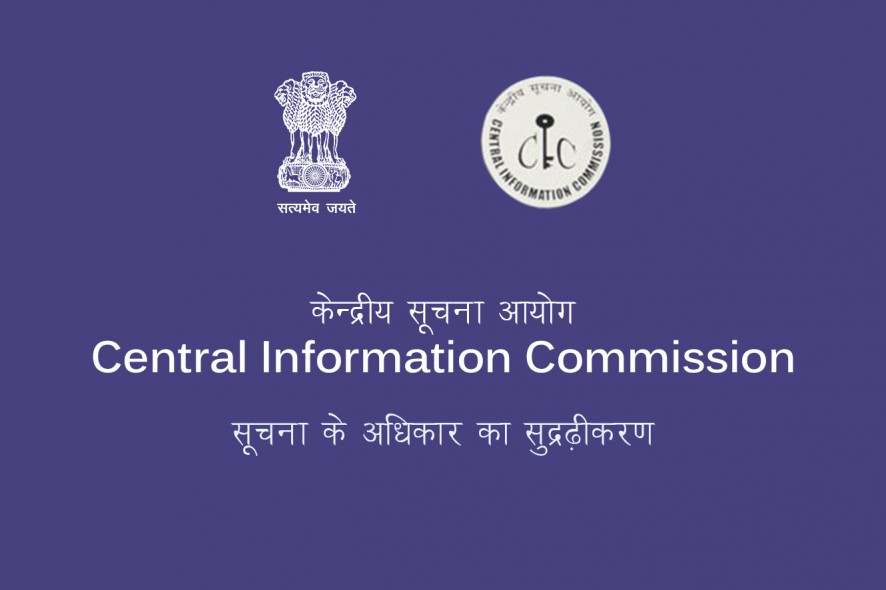Central Information Commission: While hearing upon the present matter wherein the issue was related to few people perpetuating fraud by way of producing false receipts with official stamps, thereby resulting into serious losses being accrued by the parties, the Central Information Commissioner, M. Sridhar Acharyulu, held that the concerned public authority (the Post Office) has failed miserably to initiate any inquiry or action against its staff members who generated such fraudulent receipts. The Commissioner further berated the public authority for their failure to take any action by stating that such callousness would seriously affect the rights of parties and will create hurdles in adjudication. Therefore the Commission directed respondent to provide details of the date on which documents were removed and also directed the SSPO/CPIO to show why maximum penalty should not be imposed upon them for not giving a proper reply to the appellant’s RTI and for not attending the second appeal.
As per the facts of the matter, the appellant filed a RTI seeking to know whether he was sent a legal notice via registered post regarding sale of his property and provide any record in respect of issuance of said registered post. The appellant contended that he never intended to sell his property, however a lawyer created a false record of sale, and even though no notice was received by him, but a proof of service was created which resulted in ex parte proceeding against him, depriving him of his property. It was further stated that receipt in question issued by the post office did not bear any signature and because of such forged service proofs, people like him are losing their valuable properties in court litigation as, on the basis of this receipt the opposite party claimed it to be a legal notice. On filing RTI with the Post Office, the concerned authority informed the appellant that record of registered article has been weeded out due to lapse of time period as per departmental rule, hence, the information cannot be provided
The Commission agreeing with the issues raised by the appellant questioned the District Court Post Office as to how they can issue a receipt without any signature. Therefore the appellant was right in seeking an explanation and details of action against this kind of issuance of receipts. The Commission also observed that this small level fraud is widespread all over the country causing serious loss to the parties discrediting the system of law and adjudication only because of inaction of the administrators of Post Office against falsification of service proof. The Commission noted that the miserable tactics of dealing with the issue was also revealed in the authority’s reply to the RTI filed by the appellant. It was held that certain unscrupulous elements in the Post Office have effectuated this fraud of producing wrongful receipts with official stamps and the public authority has easily escaped from its duty of accountability as there was no signature or name of the person who prepared that receipt. [Ashok Kumar v. PIO, District Court Post Office, 2017 SCC OnLine CIC 735, decided on 18.05.2017]







